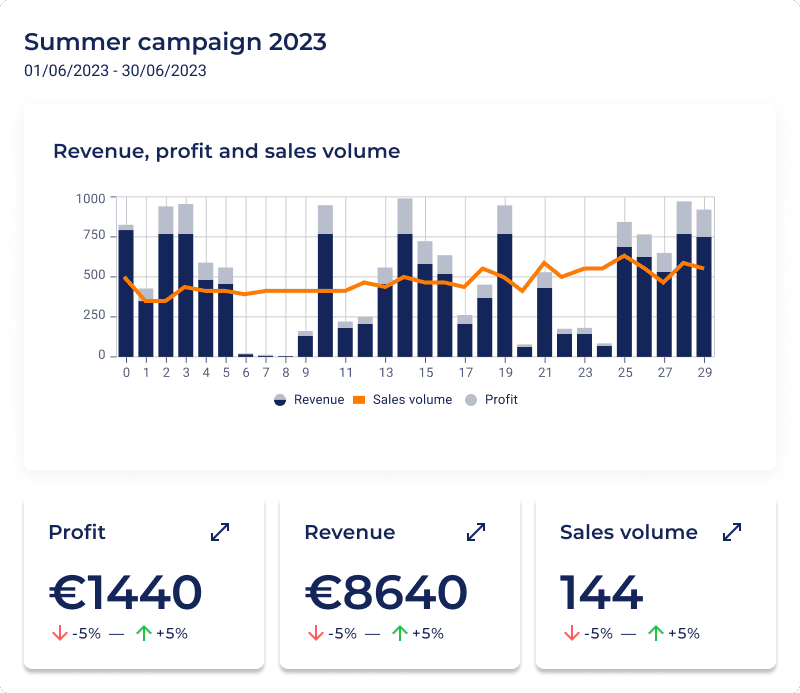In today’s digital age, online marketplaces have revolutionized the way businesses operate and connect with customers. These platforms offer unparalleled opportunities for entrepreneurs to showcase their products or services to a global audience, leading to increased visibility, sales, and growth. However, with the abundance of online marketplaces available, choosing the right platform for your business can be a daunting task. In this blog post, we will explore key considerations to help you navigate the world of online marketplaces and select the best platform for your business.
Define Your Business Needs and Goals
Before diving into the vast ocean of online marketplaces, take a step back and evaluate your business needs and goals. Consider:
- What type of products or services does your business offer?
- Are you looking for a marketplace focused on a specific niche or industry?
- Do you require a platform with a large customer base or a more targeted audience?
- Are you seeking to expand internationally or stay focused on local markets?
- Do you require a platform that integrates easily with your pricing software and other software you currently use?
Understanding your business requirements will provide clarity and guide you towards choosing a platform that aligns with your specific needs.
Maximize your campaign profits
Sniffie: Smart Sale & Discount Campaign App is the ultimate power tool for Shopify stores to create easy and optimized campaigns. With the use of cutting-edge AI, you can maximise your profits all while reducing prices.

Research and Evaluate Different Platforms
Once you have a clear understanding of your business requirements, conduct thorough research on various online marketplaces. Some popular options include:
- Amazon: Ideal for businesses of all sizes, offering a vast customer base and fulfillment services.
- Shopify: Provides a comprehensive e-commerce platform to build and customize your own online store.
- eBay: Suitable for both consumer and business-to-business sales, with a wide range of product categories.
- Etsy: Specializes in handmade, vintage, and craft supplies, catering to creative entrepreneurs.
- Alibaba: Primarily focused on facilitating trade between businesses, particularly for sourcing products from overseas.
Consider factors such as marketplace fees, seller support, audience demographics, seller reputation, and any unique features or tools offered by each platform. Reading reviews and reaching out to other sellers who have experience with different marketplaces can provide valuable insights.
Understand Marketplace Fees and Policies
Online marketplaces typically charge fees to cover operational costs and provide essential services. It’s crucial to thoroughly understand the fee structures and policies of each platform you’re considering. Pay attention to aspects such as listing fees, transaction fees, subscription fees, and any additional charges for marketing or promotional features.
Additionally, familiarize yourself with the marketplace’s policies regarding shipping, returns, customer service, and intellectual property rights. These policies can significantly impact your business operations and customer experience, so ensure they align with your business model and values.
Assess Target Audience and Reach
The success of your business on an online marketplace heavily relies on the platform’s target audience and reach. Consider the geographical scope of the marketplace, the demographics of its user base, and whether it aligns with your target customers. Some platforms have a more global reach, while others focus on specific regions or countries.
Moreover, examine the marketplace’s marketing and advertising capabilities. Does it offer tools to promote your products or services? Can you leverage its existing customer base to increase your brand visibility? Assessing these factors will help you determine the platform that can effectively reach and engage your target audience.
Evaluate Seller Support and Resources
Selling on an online marketplace can sometimes be challenging, especially if you’re new to the platform or e-commerce in general. Look for marketplaces that provide robust seller support and resources. This can include educational materials, forums or communities, dedicated customer support, and access to analytical tools or reports. A platform that offers comprehensive support will assist you in optimizing your business operations, resolving issues efficiently, and staying updated with the latest marketplace trends.
Conclusion
Choosing the right online marketplace for your business is a critical decision that can significantly impact your success and growth. By defining your business needs, conducting thorough research, understanding marketplace fees and policies, assessing the target audience and reach, and evaluating seller support, you’ll be better equipped to make an informed choice.
Remember, the perfect marketplace for one business may not necessarily be the ideal fit for another. Take your time, consider all relevant factors, and select the platform that aligns with your unique business requirements, goals, and values. With the right marketplace, you can leverage the power of e-commerce to expand your reach, drive sales, and propel your business to new heights in the digital marketplace landscape.



